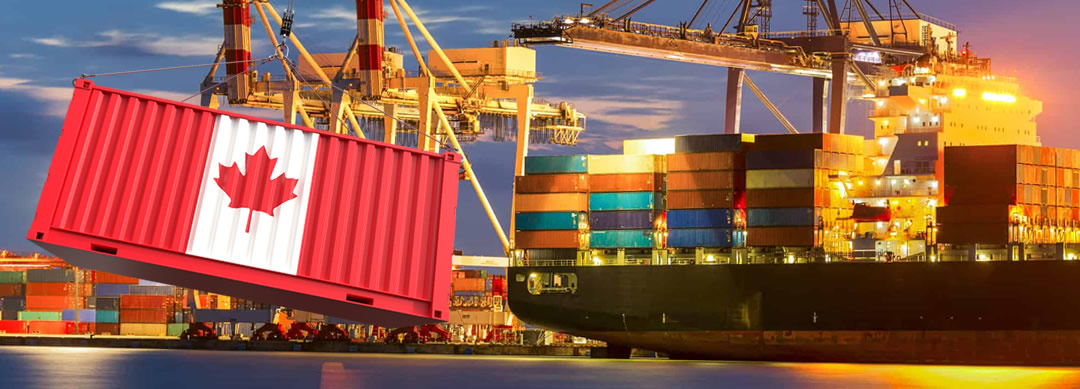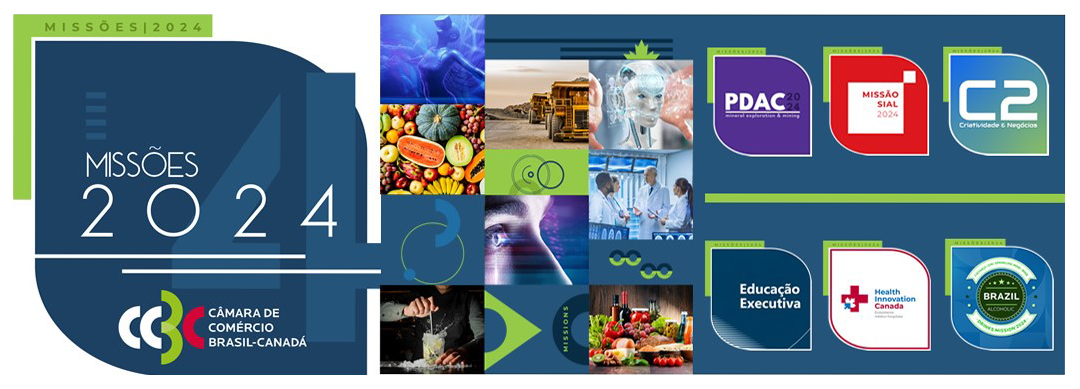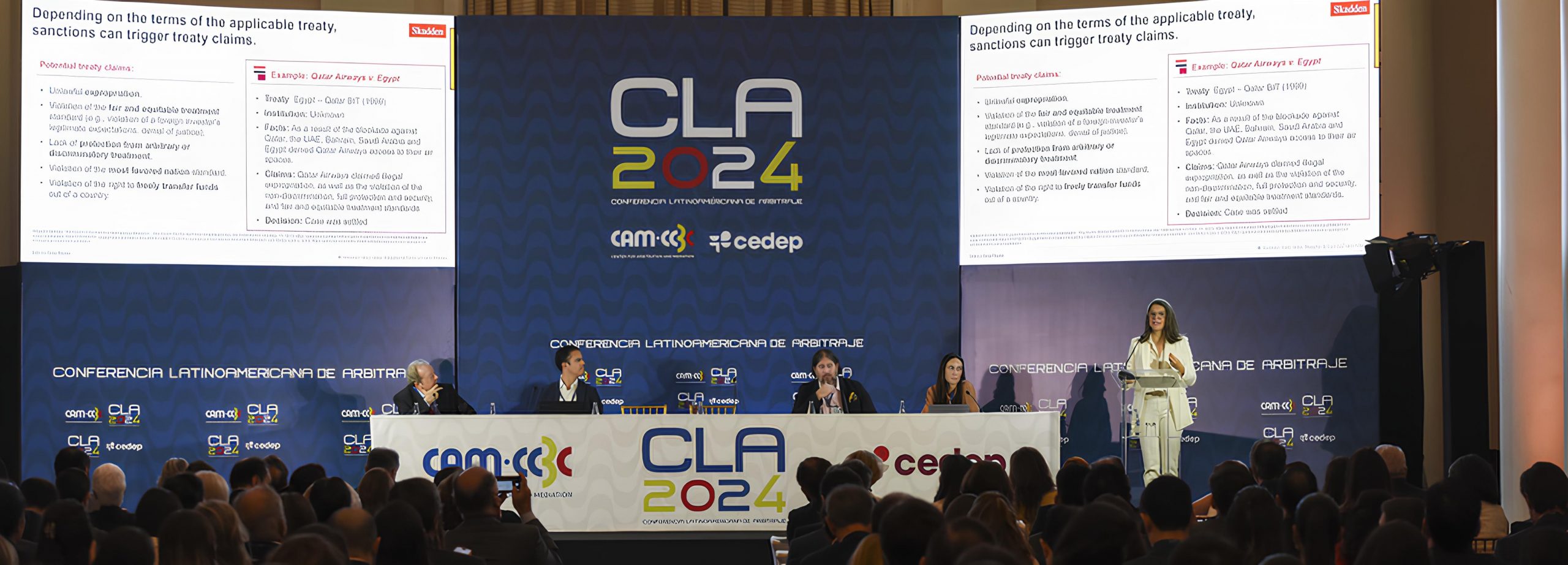Hilton Nascimento, Vice President of Business at CCBC, spoke about the strategic advantages of the country during his participation in Intermodal
By Deborah Oliveira
Canada has been gaining prominence for offering strategic and competitive advantages to Brazilian companies intending to operate not only in North American countries but also in Europe and Asia. As one of Brazil’s trading partners for exports, the North American country serves as a gateway for companies looking to expand their presence in the international market.
“With so many strategic advantages and infrastructure that combines high technology while prioritizing sustainability, Canada has everything to further expand bilateral trade with Brazil, which currently stands at around 9 billion US dollars, with 5.7 billion from Brazilian exports and 3.3 billion from exports to Canada, with a large portion being commodities,” said Hilton Nascimento, Vice President of Business at the Chamber of Commerce Brazil-Canada (CCBC), during the panel “Canada as a Global Player in the Supply Chain and Logistics Industry” at Intermodal South America 2024.

Dedication to research and innovative, sustainable initiatives makes Canada a country committed to adopting new technologies for reducing environmental impacts and optimizing processes. Its strong presence in trade agreements, along with its strategic position in the Atlantic, offers vital alternative solutions amid global challenges, such as the water crisis in the Panama Canal and tensions in the Suez Canal.
Complementary Trade
During the panel, Marcio Francesquine, Commercial Attaché at the Consulate General of Canada, highlighted the complementarity of the country, making it a gateway to European and Asian markets due to various ports benefiting from local logistics networks. “The international market is not only about exports and imports. Commercial relations are much broader and richer,” Francesquine emphasized.
Brazil, also a major exporter of agricultural commodities such as poultry, is currently Canada’s largest producer of protein. Francesquine pointed out that JBS has a significant production presence in the North American country through JBS Foods. “This is a case where complementarity is huge,” he observed.
Connection to Surpass Borders
Connected to various regions of the world, Canada positions itself as an important hub for international expansion. Halifax port, in the province of Nova Scotia in eastern Canada, is an example. One of the world’s largest ports, operated by PSA BDP International, Halifax holds a strategic position and serves as an alternative to the port of New York.
Nova Scotia was chosen as the location for a new headquarters of Onnipresenza Brazil, an exporting company of conventional and organic sugar, as well as fresh and frozen fruits, serving the industry and retail sectors. The decision was made last year after five years of operations in the United States.
“We chose Halifax because of the facilities it offers for the United States, Europe, and Asia, as well as much lower tariffs and a higher volume of cargo transportation. In the United States, we paid 369 dollars per ton; in Canada, the tariff is lower, 36 dollars, which reduces our logistical costs, increases the quantity of products available, and expands our sales,” says Heloisa Souza, CEO of Onnipresenza.





